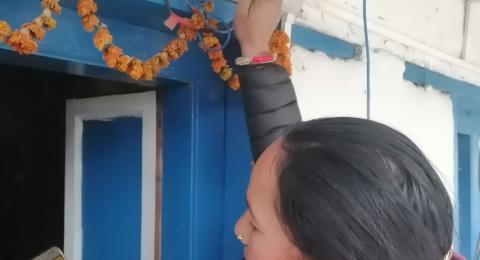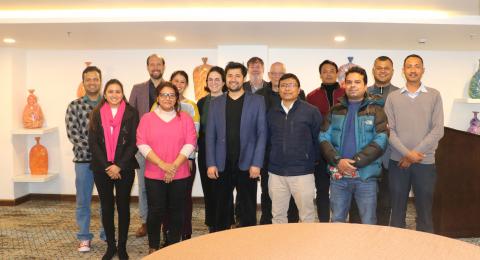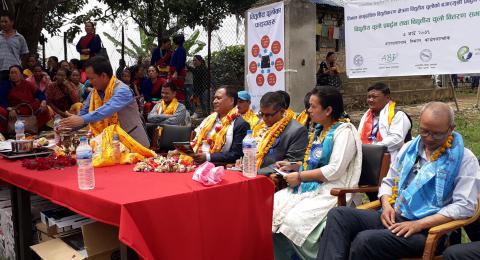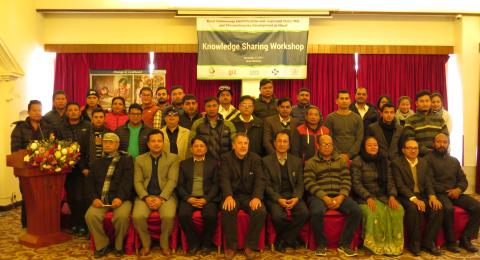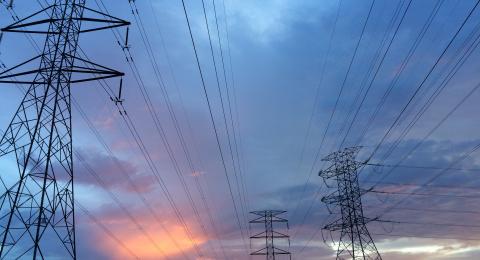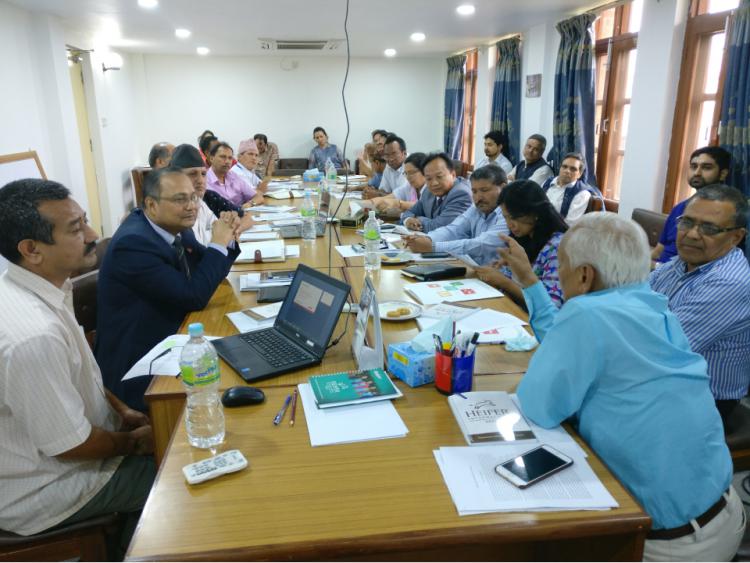
On 11 May 2017, the World Bank launched the State of Electricity Access Report (SEAR) 2017. The first edition of the SEAR examines the critical role of energy toward the achievement of the Sustainable Development Goals and provides an overview of the status of electricity access. The key findings of the report are that urgent measures are needed to speed up access to modern energy services – otherwise universal energy access will not be possible until 2030, posing the biggest threat to mostly Sub-Saharan Africa, with a significant percentage of the population being left behind. Both grid and off-grid approaches are seen as crucial, but investments will have to be supported by a conducive enabling environment of the right institutions, policies, strategic planning, regulations, and incentives.
This report, funded by the Energy Sector Management Assistance Program (ESMAP), is complemented by more topic-specific reports. Ten Special Features address topics in more detail ranging from climate change, to energy efficiency, and results-based financing. The latter report, Results-based financing. A promising new tool for energy access, is a contribution by Energising Development and Vivid Economics. The EnDev team from GIZ, RVO, and SNV together with Vivid gathered their experience from implementing RBF projects to share with the international community of practitioners.
The RBF report gives an overview of different types of results-based approaches, EnDev’s portfolio, and the most important lessons learnt – such as that the RBF facility can work best if it is flexibly embedded in a larger, more comprehensive and interacting package of market or sector support. In sum, RBF was identified as promising instrument to accelerate energy access. For more detailed information, feel free to read the SEAR Special Feature and EnDev’s own publication on RBF: Driving markets to scale.


